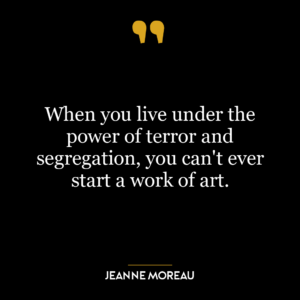This quote is a profound observation about the dual nature of faith. It suggests that faith can serve as a comforting force for those in distress, while simultaneously instilling fear in those who are content.
When someone is suffering or wretched, faith can provide consolation and hope. It offers a belief in a higher power or a brighter future, and this belief can be a source of strength and resilience in the face of adversity. It can give meaning to suffering, and in doing so, can make it more bearable.
On the other hand, for those who are happy and content, faith can be a source of fear. This is because faith often involves the belief in a moral order or divine justice. Thus, those who are enjoying good fortune might fear that they could lose it if they fail to live up to the moral standards of their faith. They might also fear divine retribution or the impermanence of their happiness.
Applying this idea to today’s world, we see that faith continues to play a complex role in people’s lives. In times of crisis, such as during a pandemic or natural disaster, faith can be a source of comfort and hope for many people. It can help them cope with uncertainty and loss, and can inspire acts of kindness and solidarity.
However, faith can also be a source of fear, particularly in societies marked by inequality and injustice. Those in positions of power or privilege might fear the moral implications of their actions, or the possibility of divine retribution. They might also fear the social and political changes that could threaten their status or wealth.
In terms of personal development, this quote suggests that faith can be a powerful motivator for both self-improvement and social action. It can inspire us to strive for moral integrity and to work towards a more just and compassionate world. At the same time, it reminds us of the need for humility and self-awareness, as our happiness and prosperity are often fragile and fleeting.








